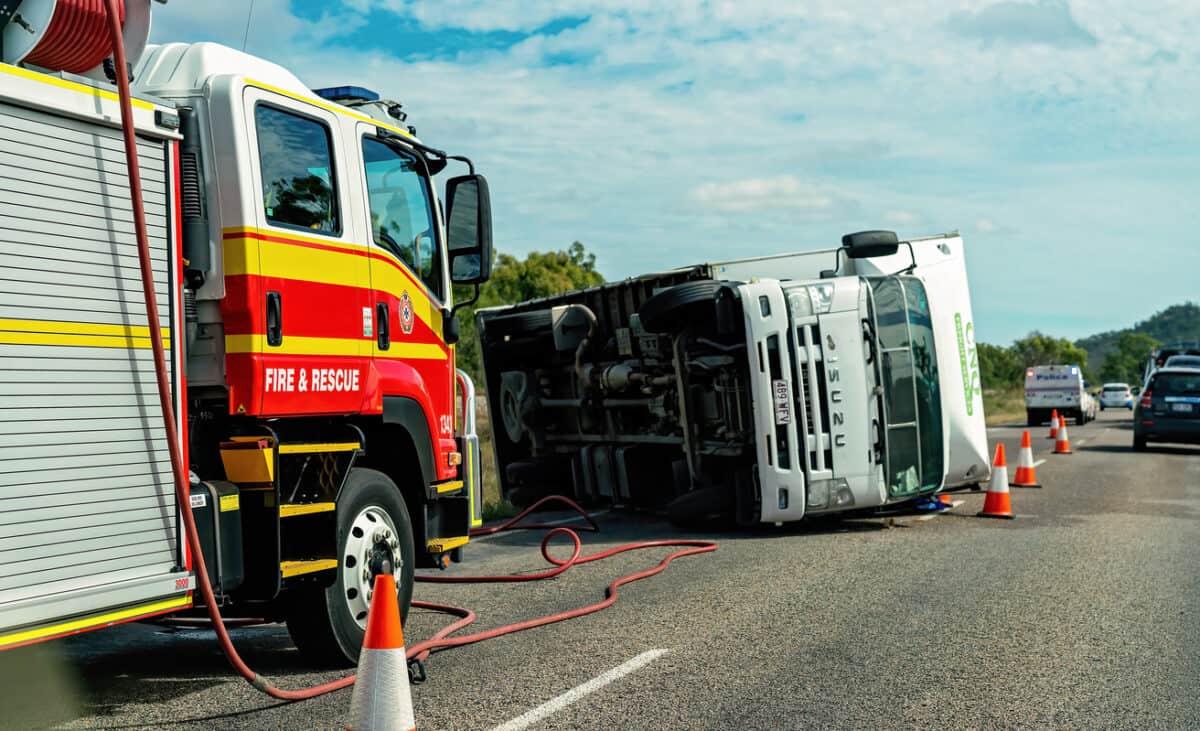Occupational health and safety (OHS) cannot afford to be anti-business. No business = no jobs = no need for OHS. And business groups should not be anti-OHS, yet it often feels that they are. A recent opinion piece by Bran Black of the Business Council of Australia argues that the success of businesses in Australia is central the economy. This is typical of the type of articles that appear in the business-friendly media as part of “soft” lobbying of the federal government prior to the May Budget.
Category: Chalmers
OHS tidbits from the latest Productivity Commission Report
On March 17 2023, the Australian government released the Productivity Commission’s latest 5-year Productivity Inquiry report. At well over a thousand pages, few people are going to read it to the level it deserves. Nor will I, but I have dipped into it and found a couple of important comments that relate directly to the management of occupational health and safety (OHS).
Industrial Manslaughter laws are spreading in Australia but are inconsistent [Open Access]
This year the South Australian Parliament will likely pass that State’s Industrial Manslaughter (IM) legislation as the introduction of these laws was an election commitment of the new Labor government. The consultation period on the draft Bill closes on February 10 2023 after being open for just over two months.
New South Wales may follow if the Labor Party wins the March 2023 election
Industrial Manslaughter laws under the broader occupational health and safety (OHS) continue to be contentious as a new research paper by Professor Richard Johnstone shows. However, the introduction of IM laws will forever be a political act at its core.
Continue reading “Industrial Manslaughter laws are spreading in Australia but are inconsistent [Open Access]”Trucking inquiries scare the Conservatives
Australia’s newspapers have recently reported on the moves by the Federal Government to review the safety and working conditions of the country’s truck drivers. As expected, The Australian newspaper is painting this as the Government paying back its ideological and financial backers – the trade unions – and the resurrection of the Road Safety Remuneration Tribunal (RSRT), even though the Government denies this will happen.
Occupational health and safety (OHS) sits behind some elements of the debate. As with most things OHS, it will not be a game-changer in a discussion over pay rates and minimum standards, but it is a serious consideration, and deservedly so.
A Wellbeing Budget needs a strong cultural change strategy
Jim Chalmers has completed his first week of Australia’s Parliament as Treasurer. On Thursday, he presented a statement of the country’s finances without mentioning his well-being intentions (which some are claiming to be a gimmick). This does not mean that well-being is dead, as the “Wellbeing Budget” is not due until October; Chalmers needs to establish his authority, but it illustrates a common perspective on occupational health and safety (OHS) in the minds of many small business people.
Possible Treasury and Industrial Relations white papers before the Job Summit and October Budget
So what level and type of well-being budget did Dr Jim Chalmers commit his government to? A lot less than we anticipated last week. Dr Chalmers gave a nod to the work of his New Zealand counterpart but seems to be waiting for further discussion in the “jobs summit” in September 2022.
Michelle Grattan has written that:
“A coming test for consensus will be the September jobs summit. This will be an ideas-gathering exercise, but the government will also want to shape it as a prelude to the October budget, and that will require some common messages.”
Regardless of Dr Chalmers’ intention to develop a well-being budget, the jobs summit will have the same tripartite of industrial relations and occupational health and safety (OHS) invitees. Unless Dr Chalmers and Treasury offer up something fresh, like an OHS perspective on the prevention of mental health, innovation is unlikely. Little more than “in-principle” agreements should be anticipated.
The well-being budget is OHS’ time to make its case for inclusion
The Australian Treasurer, Dr Jim Chalmers is receiving good media attention for his thoughts on a “well-being budget”. This newsworthiness has been helped by American economist Joseph Stiglitz being on an Australian speaking tour at the same time. Stiglitz strongly advocates using socioeconomic measures to complement traditional economic measures. Well-being budgets shift how governments view policies, programs and strategies in a similar ideological fashion to how we should consider safety differently. The occupational context of well-being is well-established, but this new approach to measurement may challenge those established well-being programs.
Australia is not ignorant of the well-being budgets. It is not something created by Chalmers or just imported from New Zealand.


![Industrial Manslaughter laws are spreading in Australia but are inconsistent [Open Access]](https://safetyatworkblog.com/wp-content/uploads/2023/02/cover-of-journal_of_work_vol1_no1_edited.jpg)



